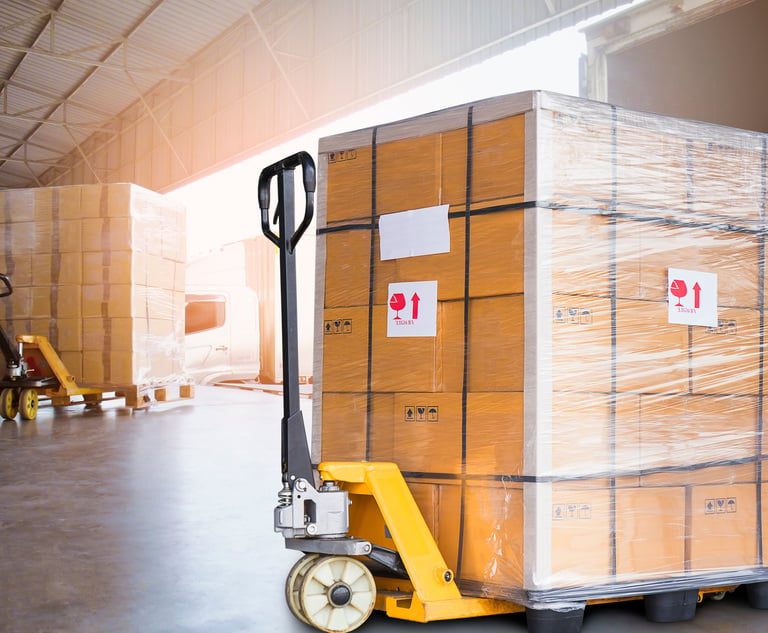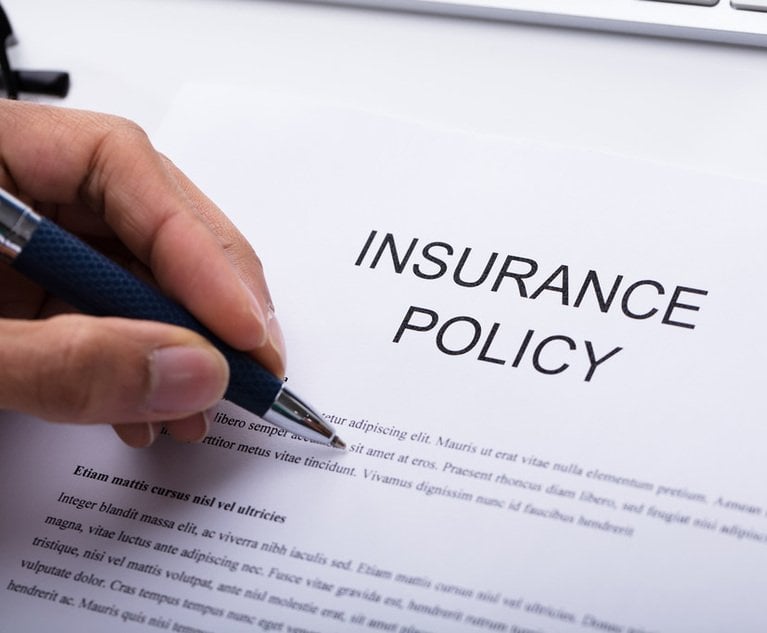On May 18, the U.S. Supreme Court issued a unanimous ruling in Amgen v. Sanofi, a decade-long patent infringement clash over the appropriate legal standard for the enablement requirement under 35 U.S.C. Section 112. The Supreme Court upheld both the district court’s and the federal circuit’s decisions that Amgen’s patent claims at issue do not provide sufficient details to enable the full scope of its claimed invention and thus are invalid.
The Supreme Court’s decision could impact a wide range of patents, especially those that encompass a genus of embodiments defined by their function in the chemical and life sciences sectors. Over 20 amici curiae filed briefs on behalf of pharmaceutical companies, institutions, associations, and law professors. Also, in response to the Supreme Court’s CVSG (Call for the Views of the Solicitor General), the Solicitor General filed its views on behalf of the government that the Supreme Court should not grant Amgen’s petition for certiorari. Unlike the typical patent validity fight between brand-name and generic medicines, this case is about Amgen, the first patentee, who wants a broad patent monopoly to recoup its hefty R&D investment and dominate the innovative field, whereas the competitors, including Sanofi and Regeneron, seek to invalidate Amgen’s patents as overly broad so they can advance further research without infringing.


 Yang “Young” Wang of Panitch Schwarze Belisario & Nadel. Courtesy photo
Yang “Young” Wang of Panitch Schwarze Belisario & Nadel. Courtesy photo




